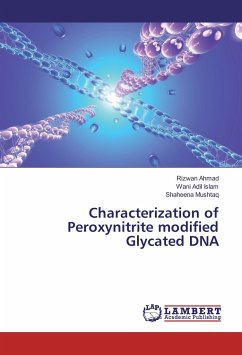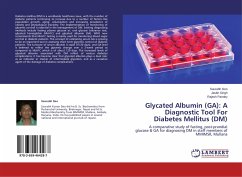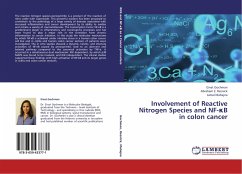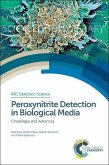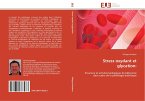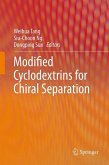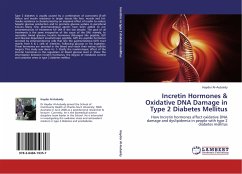Glycation is the non-enzymatic addition or insertion of sugar molecules into DNA, protein and lipids that occur in biological molecules. The glycation of DNA give rise to characteristic nucleotide adducts, some of which have been found to increase in oxidative stress . The glycation causes damage to DNA which is associated with mutagenesis, carcinogenesis and is also considered to be a pathogenic factor for Diabetes mellitus. Improved understanding of DNA glycation may give guidance on decreasing the risk of tumor associated with dietary factors.Peroxynitrite is a potent initiator of DNA strand breakage which is an obligatory stimulus for activation of nuclear enzyme, poly-ADP ribosyl synthase or polymerase (PARP) excess activation of PARP can kill cell by depleting NAD+ and energy production, and this may be one of the mechanism by which cells with excess DNA damage are eliminated ( which undergoes necrosis or apoptosis).

